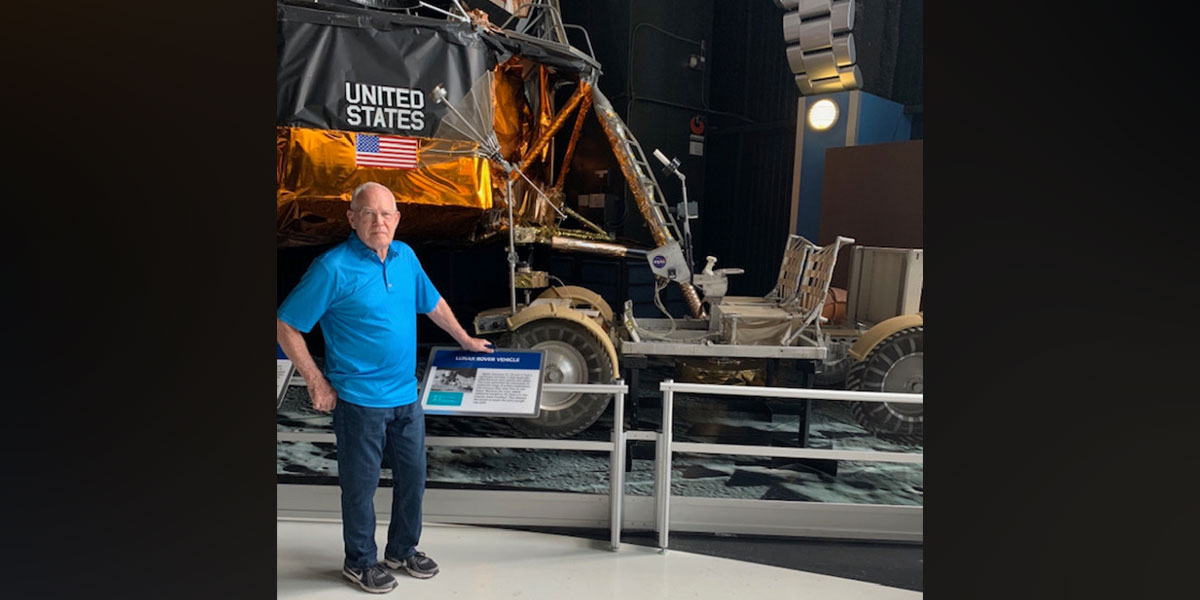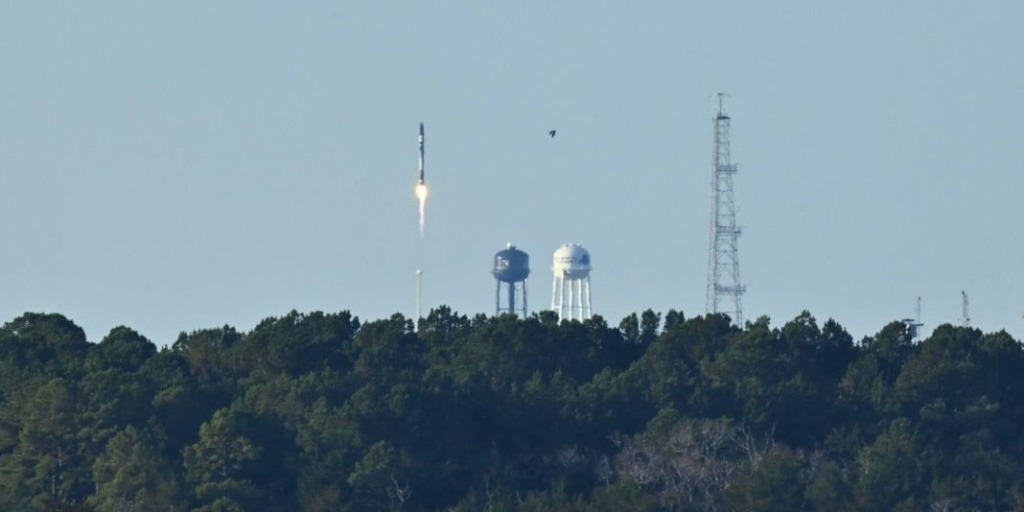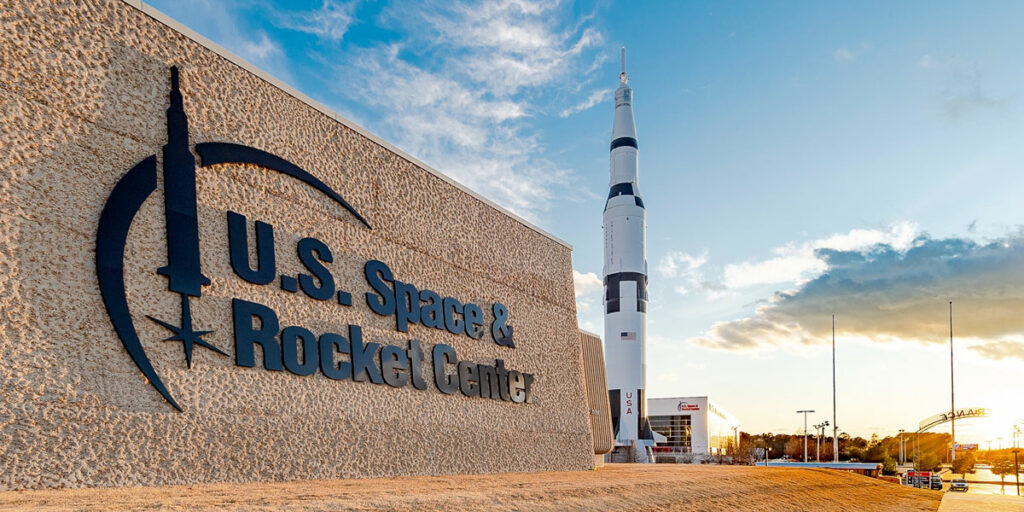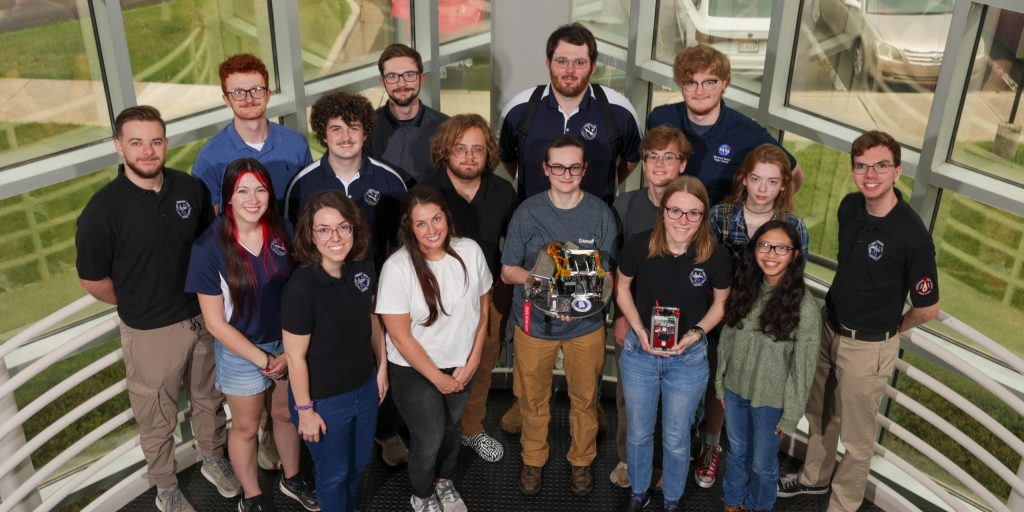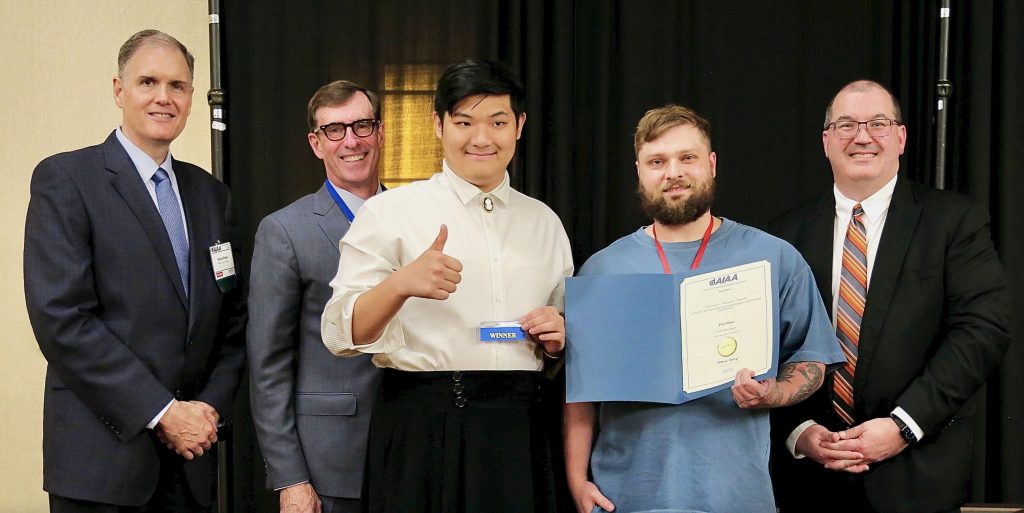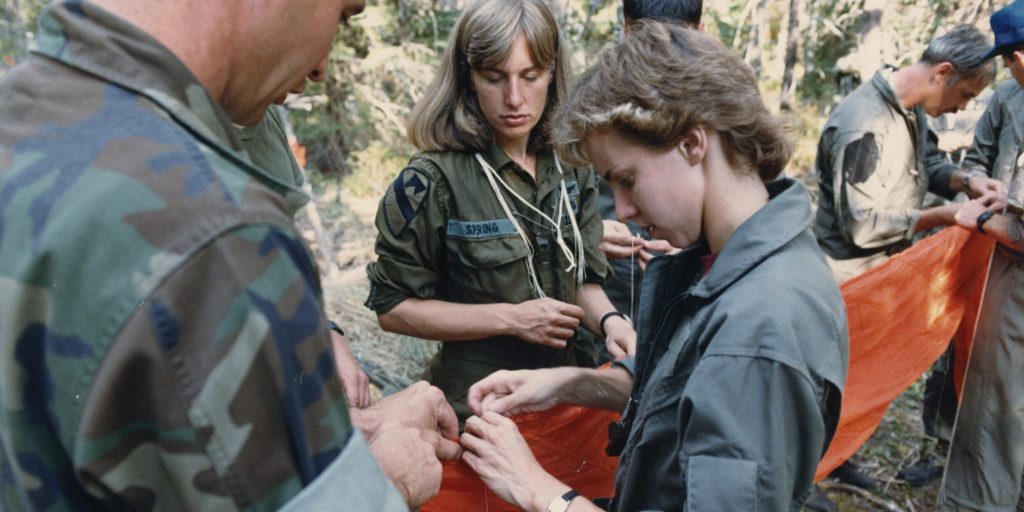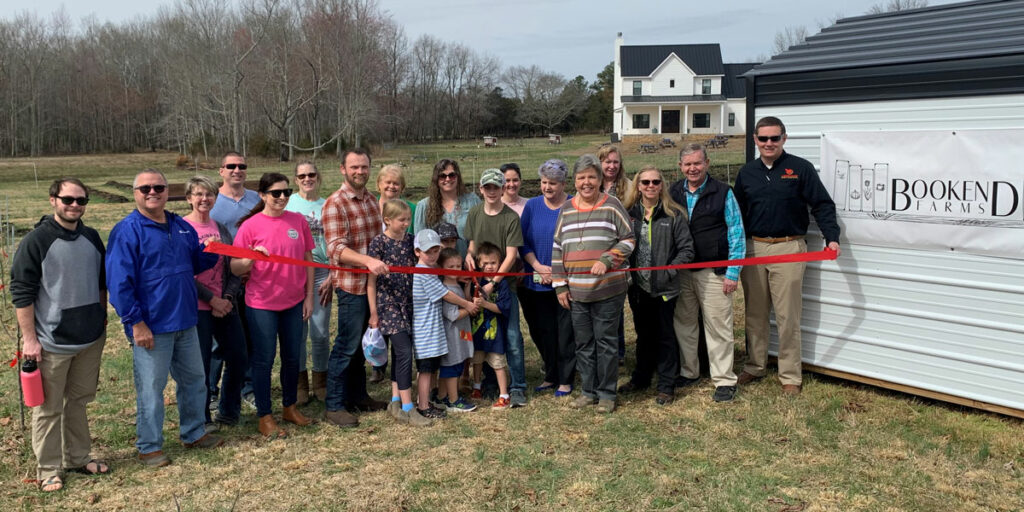HUNTSVILLE – Ron Lancaster held many titles: husband, father, friend, mentor, missionary, and engineer.
“He was so many things to so many people,” his son, Jeff Lancaster, said. “If the opportunity presented itself, he would help anyone.”
Lancaster said his dad would help neighbors work on their homes or he’d provide a meal to a person down on their luck.
That, and Ron’s pride and passion for the U.S. space program, are reasons why Esther Lancaster, Ron’s wife of nearly 65 years, pledged $25,000 to the University of Alabama in Huntsville to establish a scholarship for students pursuing mechanical or aerospace engineering. Ron Lancaster died May 15, 2022.
The recipient should be an upper-level undergraduate student with the ambition to work in the aerospace industry and, ideally, a member of UAH’s Space Hardware Club.
The gift, the family said, is a way to help the next generation advance themselves in the
space industry while honoring Lancaster’s legacy.
“If they have the desire and passion to pursue this career, we want to help,” said Jeff Lancaster.
Amber Rose Porteous, the president of the Space Hardware Club, said that gifts like this are crucial to student growth and the advancement of space exploration.
“Space exploration is huge in furthering humanity‘s understanding of the natural world because it would not only allow us to explore what we do not know about space but also bring back information that will help us back on Earth,” she said. “This scholarship is so important in encouraging students to further their education outside of the classroom in order to help out with this huge cause once they are done with their degree.”
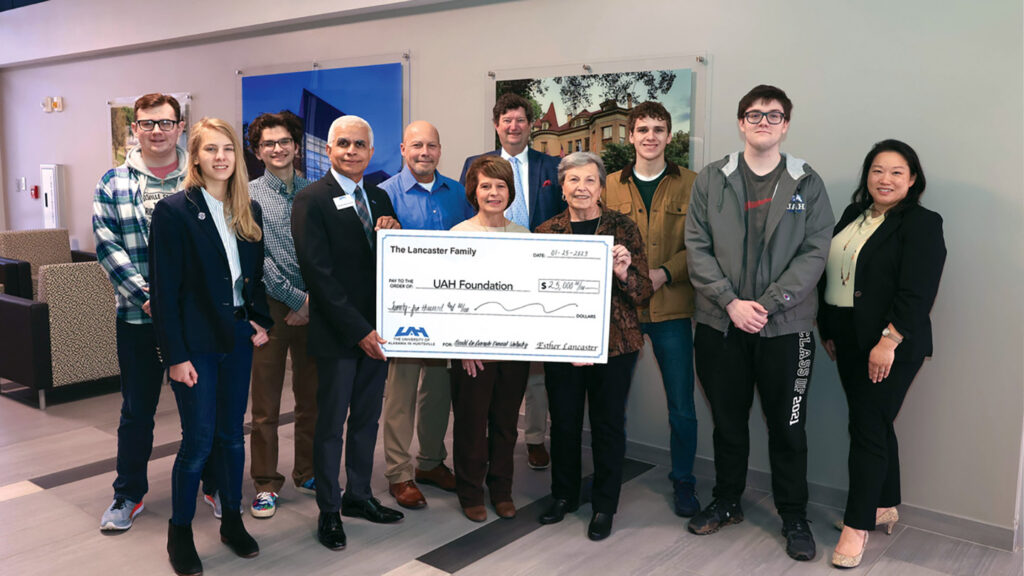
Engineering; Jeff Lancaster; Leslie Boyette; Hill Rowan, UAH Senior Development Officer;
Esther Lancaster; Dr. Helen Lien, UAH Senior Development Officer. (Michael Mercier/UAH)
Dr. Shankar Mahalingam, dean of the College of Engineering, said the scholarship will leave a lasting impact.
“Ron Lancaster was a pioneer in the space industry, having worked on the early Atlas-Mercury and Gemini missions and the Saturn V rocket, testing the Lunar Rover, and
redesigning the faulty O-ring that caused the Challenger disaster,” he said. “We are truly honored and appreciative of the generosity of his wife, Esther, and his family, for establishing the Ronald Lee Lancaster Memorial Scholarship as a way of preserving Ron’s legacy.
“This scholarship will make a lasting impact on engineering students pursuing studies
pertaining to aerospace at The University of Alabama in Huntsville.”
Lancaster entered the burgeoning space industry right as President John F. Kennedy sought to land a man on the moon by 1970. He graduated from high school in 1955, and in some of his papers and oral histories in the UAH Archives, Lancaster said his family didn’t have
the money to send him to college.
However, his principal saw his potential and told him about the Indiana Institute of Technology, where he could take classes as he could afford them.
Esther Lancaster remembers that it still wasn’t easy.
“We sacrificed a lot,” she said. “He was halfway through school when we got married (in 1957), and we had a difficult time paying for school.”
Lancaster graduated from college in 1960 with an aeronautical engineering degree. When he found jobs scarce in Indiana, he traveled to Florida where he heard they needed engineers to work on the space program.
In Cocoa Beach, he saw an ad for aerospace engineers and applied. He was hired after his first interview, and his wife and children moved from Indiana to Florida that year. As Lancaster said in his oral history, “I was in hog heaven.”
While in Florida, Lancaster worked on several notable space missions, including the Mercury-Atlas 6 launch of astronaut John Glenn.
In 1963, the family moved to Huntsville, where he worked for Boeing on the Saturn V rocket and the design and testing of the lunar rover. The rover was only 17 months in construction from contract to launch on the Apollo 15 mission in 1971.
The design was innovative, its piano-wire tires and folding capability meant it could deploy from the lunar module and adjust for the one-sixth gravity and rough terrain on the moon.
In his archived papers, Lancaster wrote that work was rushed, with a great deal of travel, little sleep, and time away from his family. But, Esther said, he had a good team and he loved the work.
Lancaster also participated in the astronaut training on the rover with Commander David Scott and pilot James Irwin. When Apollo 15 launched in July 1971, the rover almost didn’t work because the astronauts neglected to pull a specific pin that released the rover from the lunar module.
Lancaster had to watch the event unfold on TV, knowing what the problem was but unable to do anything about it. Fortunately, the astronauts were able to solve the problem and use the rover as intended.
As the space program dwindled in the following years, Lancaster found a new job with Wyle
Laboratories. After the 1986 Challenger disaster, in which the failure of two redundant O-ring seals caused the shuttle to fatally break apart, Lancaster and his team tested and redesigned the O-ring to prevent future tragedies. He continued to work and travel with Wyle Laboratories until his retirement in 1999.
Esther said Ron was proud of his role in the space program and he wanted that history saved.
“He wanted young people to know how the program got started,” she said. “That’s why he wanted to give his photos and papers to the UAH Archives.”
She also said it was Ron’s love of the space program that inspired them to create the scholarship.
“He worked even when he didn’t have to because he loved the work so much,” she said. “We wanted to honor his name at UAH because of his work on the space program and for who he was.”
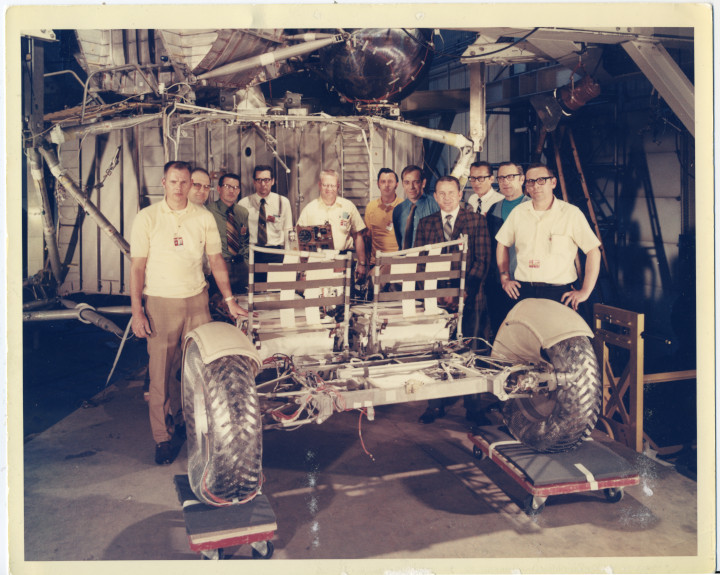
In addition to being a skilled carpenter, skills he used by volunteering with Habitat for Humanity, Lancaster enjoyed traveling and camping, his son said, and he was an active member of his church, where he served on mission trips to build churches in the U.S. and to help residents in Haiti.
Still, space was on his mind, even in his later years.
“Even when the disease [Alzheimer’s] took other things, the last things to go were his stories about working in the space program,” Esther said. “So if we can make it easier for someone else [to go to school] and work in space engineering, we want to do that.”
Their daughter, Taylor Lancaster, is a UAH alumna who graduated with a degree from the
College of Business. She was a beneficiary of scholarship support, which made a difference in her ability to attend and graduate from college.
“During my time at UAH, I was placed into an environment that provided growth and development,” she said. “I learned more about myself at UAH than anywhere else.
“As a scholarship recipient, I know firsthand how that support can impact someone’s life. Scholarships change a person’s path in life for the better and help guide and motivate them to reach their goals.”
Knowing the value of that support, the family chose to make a similar difference in the lives of UAH students through a scholarship.
“He touched people’s lives in many different ways,” Jeff said of his father. “And what he gave to people … you just can’t measure it.”


